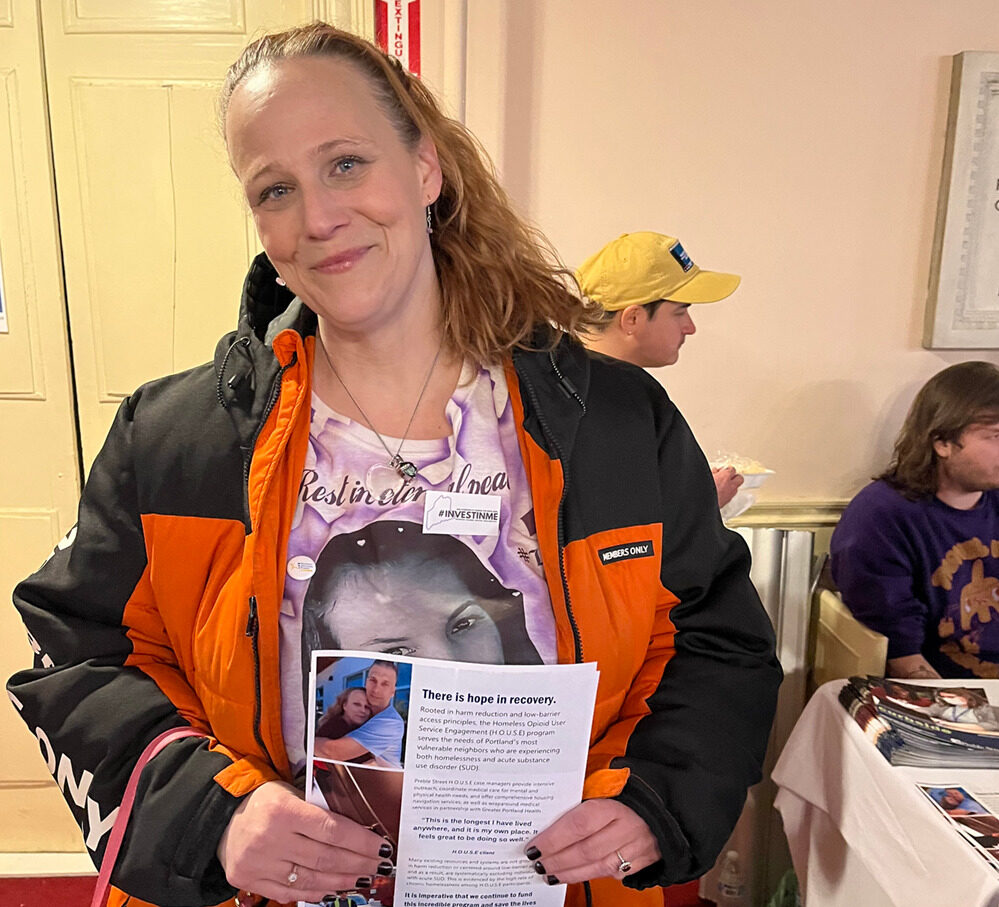
"I think my mom might still be alive if she got the help I have from you guys, and the help we get from the doctors staying sober."
T.J., HOUSE client
As the opioid epidemic takes the lives of more Mainers every year, the HOUSE program offers a beacon of hope. The program (which stands for Homeless Opioid User Service Engagement) has already impacted – and saved – the lives of dozens of individuals, and if the legislature agrees to continue funding, it can save the lives of many more.
“Having HOUSE has made me more independent so I can do things on my own. By the time I was done with the program, I applied for my own housing, moved into a brand-new building, was able to keep up to date with my appointments, and was learning my own independence. I am also involved in recovery work helping others,” shares Shay, pictured above. Shay has not only rebuilt trusting relationships with her family, but is also volunteering at organizations like Maine Needs to give back to the community.
Preble Street and Greater Portland Health launched the HOUSE Program, funded by the state of Maine, in 2021. The program mainly targets unsheltered individuals with opioid use disorder, as they face a high risk of fatality. To best meet the individuals’ needs and ensure paths to recovery, clinicians at Greater Portland Health provide clients with low-barrier Medication Assisted Treatment (MAT), while staff at Preble Street provide casework support and rapid housing assistance. Housing is a critical component of substance use disorder treatment as the trauma of homelessness complicates people’s ability to engage in treatment and can trigger substance misuse and relapse.
So far, 25 individuals have received housing placements through the program. Cumulatively, these people had spent approximately 216 years experiencing homelessness. 52 individuals were connected with MAT, and ZERO enrolled clients were hospitalized for an overdose or had a fatal overdose.
In the past two years...
In the past two years...
Unfortunately, funding for this critical program is slated to end in June 2023. LD 1781, An Act to Establish Permanent Funding for the Homeless Opioid Users Service Engagement Project, sponsored by Representative Drew Gattine of Westbrook, will allow this innovative and lifesaving program to continue, keeping people housed, in recovery, and alive.
Together we can keep HOUSE going for more people like Ron, who now works full-time as a painter, Nick, who shared his inspiring story last year, and Amy, who turned her life around with the support of HOUSE. It is imperative that we continue to fund this incredible program and save the lives of more Mainers.
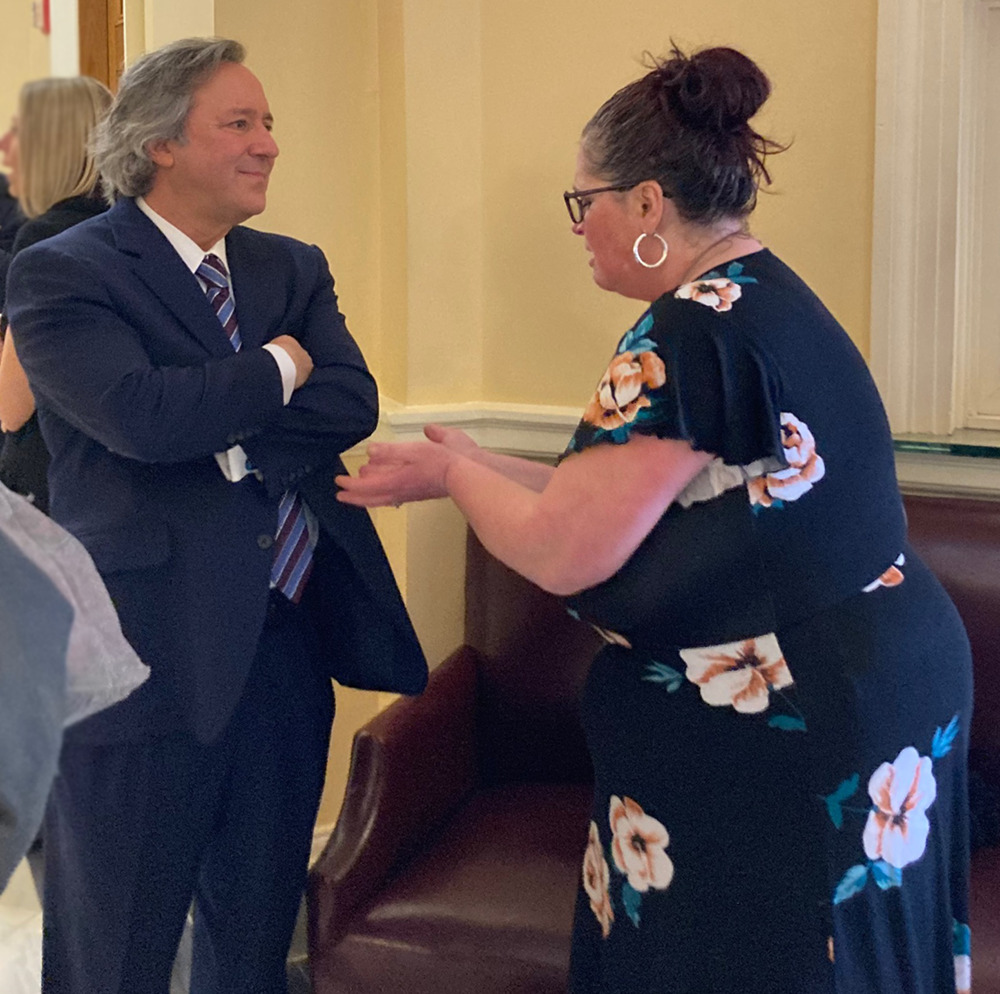
Read more...
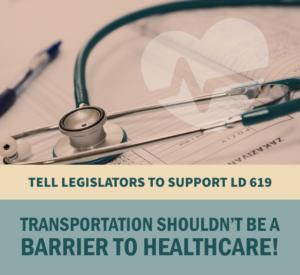
Take Action for equitable healthcare access!
People experiencing homelessness face devastating physical and mental health consequences. They have higher rates of chronic illness and a life expectancy that is an average of 28 years shorter than people who are housed. These individuals also face high barriers to accessing critical healthcare and often delay seeking treatment. A recent study by Preble Street found
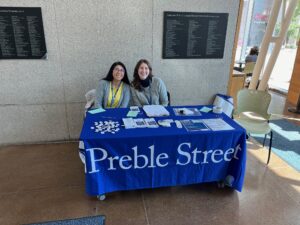
Legislative priorities – let’s take action!
Read Preble Street’s Legislative Priorities for the regular session of the 132nd Maine Legislature here. Hunger and homelessness have been on the rise in Maine post-pandemic, leaving thousands of fellow Mainers without enough food and without shelter or housing. Lack of available housing and shelter options leaves many experiencing homelessness with no choice other than
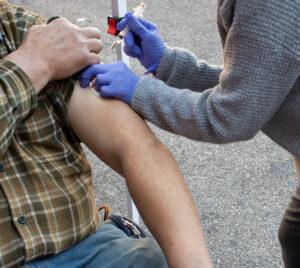
COVID Mitigation and Public Health
The pandemic showed how emergency shelters for people experiencing homelessness are an important part of the public health infrastructure. These shelters, which are communal (congregate) spaces, remained open during the pandemic. Shelter staff and our partners in the healthcare industry expanded our work and services to keep our communities safe. Three years after the first
